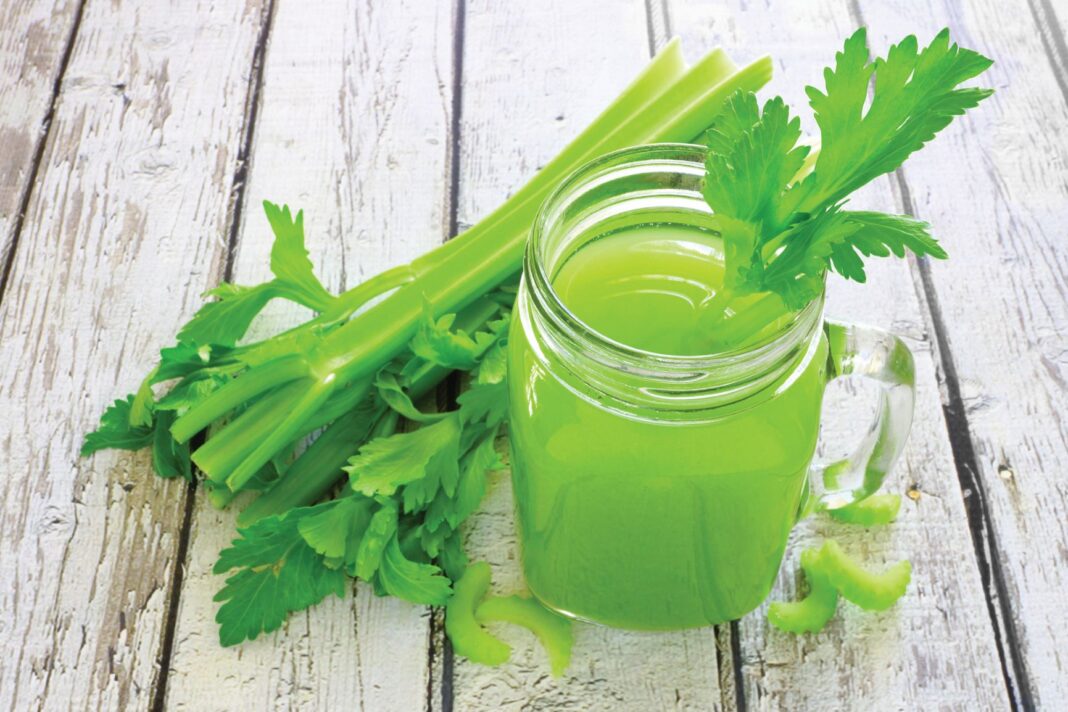How are we to best navigate the conflicting sources of information about health? Google just about any health topic and discover anew the tribal and combative nature of the internet where both passionate advocates and detractors abound.
Thrust into this maelstrom of polarised opinions, we find the humble celery plant, touted as a “cure all” by some for its ability to tackle the modern scourges of inflammation and poor gut health, and disparaged as the epitome of pseudoscience by others. What are we to make of it all, beloved Canberra Daily wellbeing column readers?
Let’s begin by taking a look at the source of the celery juice craze: LA Based health guru Anthony William, aka the Medical Medium. William declares “celery is perfect for reversing inflammation, because it starves the pathogens, including unproductive bacteria and viruses”.
The core of William’s belief is that celery is highly beneficial for people who suffer from chronic and mystery illnesses, especially autoimmune conditions. When you read William’s work, its sounds plausible enough, especially if you are of the view that science does not yet know everything, and that the absence of a double-blind placebo-controlled trial does not automatically make something untrue.
Clearly, there are many who are happy to jump onboard the celery juice bandwagon, judging by the 100,000+ posts on Instagram with the hashtag ‘#celeryjuice’ and the many hundreds of thousands of people around the world starting their day with juiced celery and espousing the benefits: clearer, skin, more energy, less bloating, lower blood pressure and so on.
The unease in some quarters about William’s claims is that they are not backed by research, and in lieu of demonstrated scientific proof, dietitians, food scientists and biochemists are sceptical. Celery juice, they say, has some nutritional value but is not a “cure all”, which sounds pretty reasonable to me.
One of the tenets of natural medicine is that there is no one remedy that benefits everyone – if there was, we’d all be taking it! In traditional herbal medicine, the right remedy is arrived at through careful alignment of the presenting symptoms and the actions of the herb, taking into account the nature and unique presentation of the person in front of you. In other words, there is not one herb for treating inflammation; it’s not that easy! You have to find out what’s causing the inflammation and then treat the unique underlying origins of that particular individual’s condition.
In herbal medicine, celery seed is more commonly used than the stalks, which have a similar but lesser potency. Celery has traditionally been used for treating arthritis and inflammation and for lowering blood pressure, so this modern fad has ancient roots.
Perhaps the truth about celery juice is that it can help, although not everyone, because nothing is a universal panacea. Importantly, it doesn’t seem likely to cause harm, although traditional herbal medicine sources urge caution in pregnancy.
Editor’s note: Our rotating wellbeing and fitness columns provide advice that is general in nature. Please always refer to your preferred health professional for advice suited to your personal healthcare requirements.
For more:



